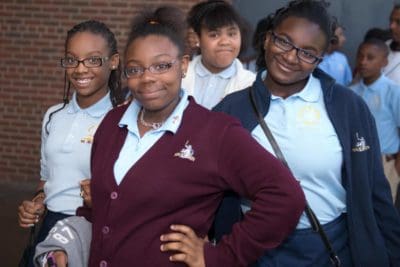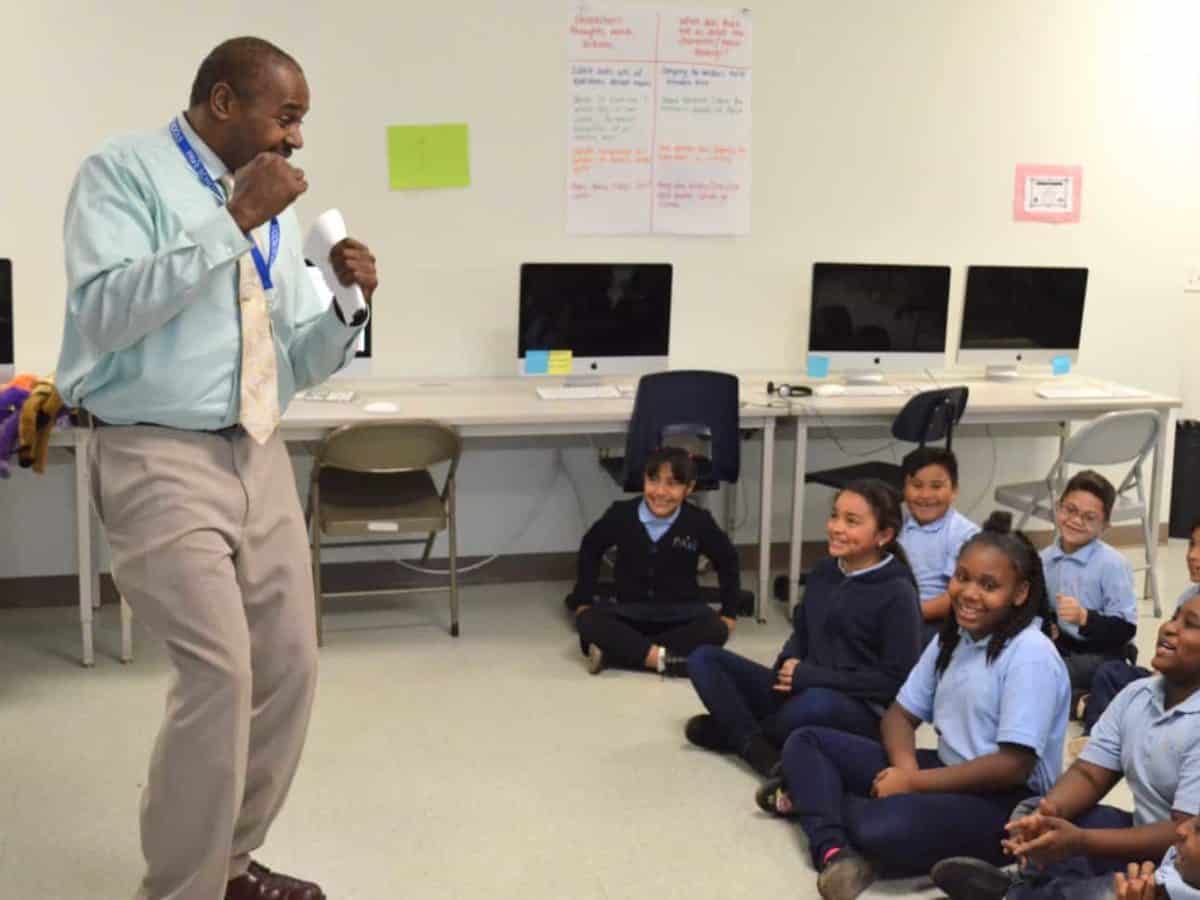

When Ben Pierce heard the school where he taught, PAVE Red Hook in Brooklyn, wanted to open up a sister shop in North Carolina, he was excited.
PAVE Brooklyn is run by the PAVE Charter Management Organization which, at the time, had only one school. But they wanted to place another in Pierce’s home state. A University of North Carolina at Chapel Hill graduate, Pierce worked as a teacher at PAVE in New York, but he wanted to come back to North Carolina to be close to family and friends. He jumped at the chance to be a founding teacher at PAVE Southeast Raleigh.
“New York was fine, but I missed North Carolina for sure,” he said. “So it was a good opportunity to still work in the organization.”
Now in his third year at the school, Pierce has become its principal. PAVE runs K-8 schools that focus on “underserved communities,” according to its website. PAVE stands for Perseverance, Achievement, Vibrance and Excellent character (PAVE). At present, PAVE Southeast Raleigh Charter School is a K-3 school serving about 312 students. It started as K-1 in the 2015-16 school year, but has added a grade each year, and will continue to do so until it maxes out at K-8 with about 750 students. It has not received a school performance grade yet because students do not start taking the End-of-Grade exams until the 3rd grade.
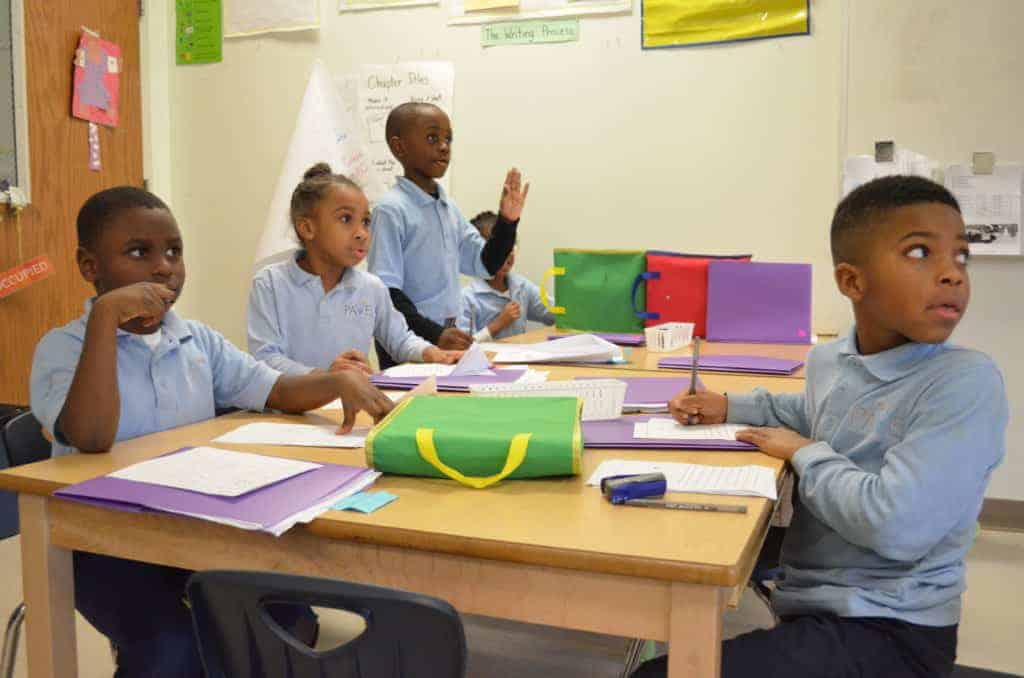

Pierce said the school population is mostly from Southeast Raleigh and is about 60 percent African-American. Another 35 percent of the students are Hispanic. Most of the students qualify for free-and-reduced price lunch. PAVE provides transportation for any student who is a Raleigh resident, as well as school meals. But beyond logistics, PAVE stresses partnering with the community.
Kenyett Olds, a founding kindergarten teacher with the school, worked in public schools in Virginia for six years before making the move to PAVE.
“I was looking to work at a charter school because I wanted to see the difference between a public and a charter,” she said.
That difference, in part, means more autonomy for her and more connection with the people she serves.
“I definitely think since I’ve been here, I feel that I have a stronger role in the community as far as having a voice,” she said.
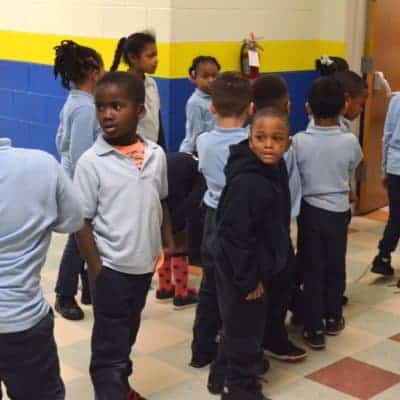

This includes home visits, which the school does in an effort to get to know the families of the students they teach. The visits allow the teachers to get to know the parents, the parents to get to know the teachers, and the school to get a better understanding of the students. The parents can let the teacher know if there is anything about the student’s life outside of school that might affect their work in school.
“I feel like here my voice matters and it counts,” Olds said.
And while she did not choose the school specifically because of the population it serves, she is glad she is able to make a difference for an underserved population.
“It definitely speaks to the heart of what I want to do,” she said.
As to why PAVE decided to locate in North Carolina in particular, Lydia Cuomo, the school’s academic dean, said it was a confluence of circumstances.
PAVE was looking for a second school in an underserved area, a school leader was moving down to the area, and the organization’s CEO had roots in the area.
“All the stars kind of aligned where they felt like they could have a team here,” she said.
Cuomo and Pierce are both aware of the political controversy surrounding charter schools, but they say that does not really come into play for them.
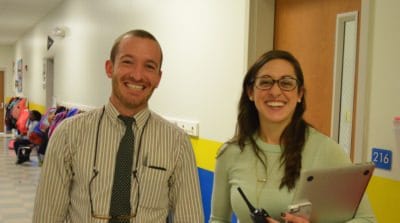

“On the ground, we don’t think a lot around the charter versus public school thing,” Pierce said.
In fact, he said PAVE Southeast Raleigh would like to encourage collaboration with traditional public schools.
“We think of us less as better than…but as a different type (of school),” he said.
Pierce mentioned that through PAVE, his school gets a lot of network support, including human resources, finance teams, and more. Cuomo said the charter school offers benefits that perhaps traditional public school teachers do not get.
“The hours are longer but there is a lot more support,” she said.
More North Carolina teachers might be working those longer hours in the future. While PAVE is limited to one school in North Carolina at the moment, the management organization has plans to expand. According to its website, PAVE will expand to eight schools serving more than 6,000 K-8 students in both New York and North Carolina in the next eight years.
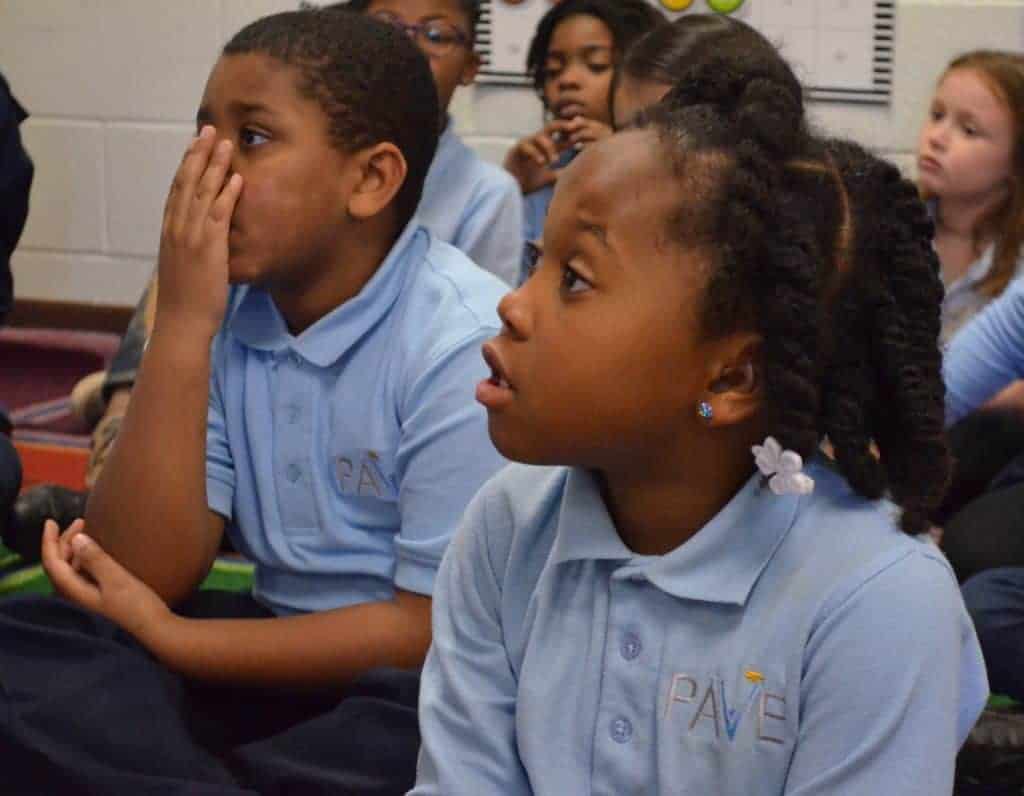

Editor’s Note: J.B. Buxton, Chair of PAVE Southeast Raleigh’s Board of Directors, is on the Board of Directors for EducationNC.


